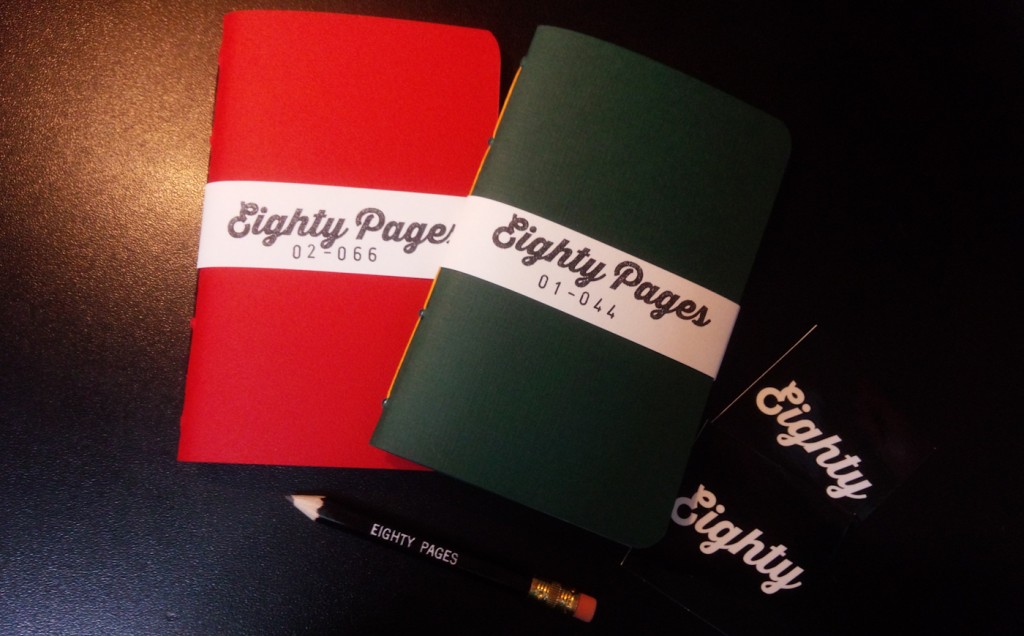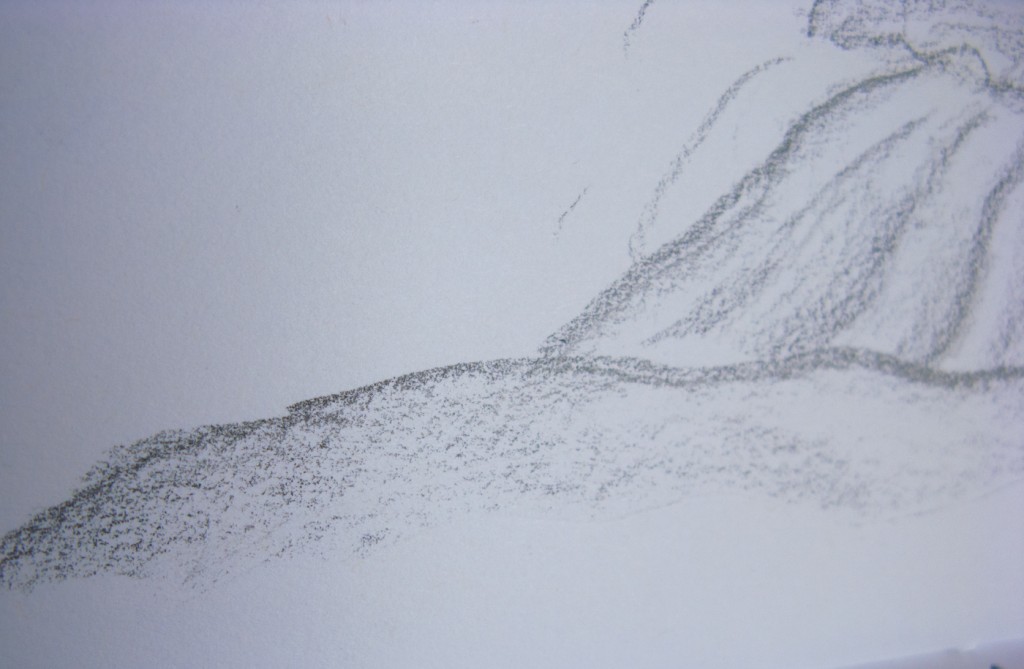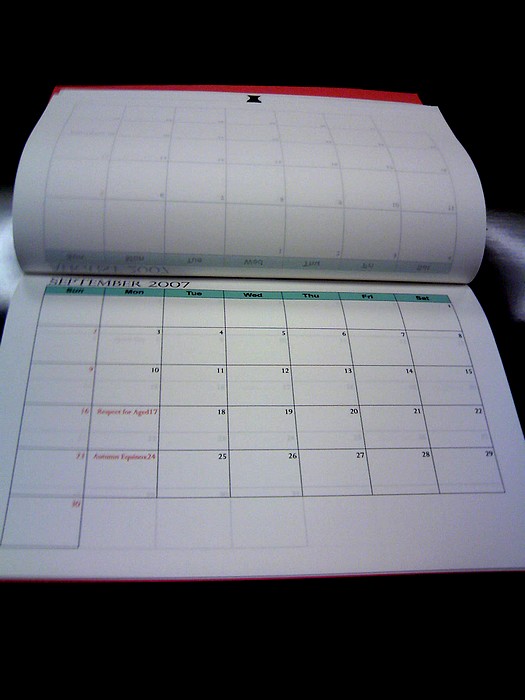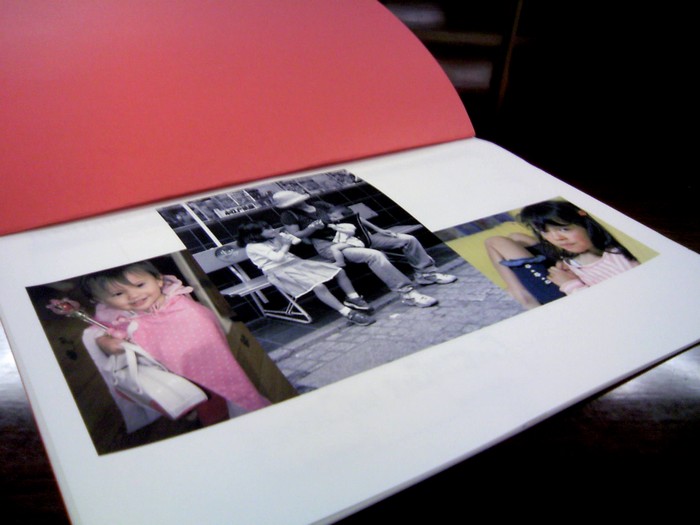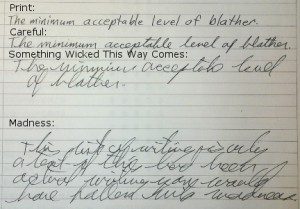I like the idea of the Eighty Pages notebooks, but as soon as I got my hands on one I knew there would be issues.
Sometime in December or early January, I was roaming through my various pen addiction enabling websites and a number of them mentioned a Kickstarter project by Eighty Pages, a “small batch” notebook company based in New York City.
I liked the look of the notebooks and because the price was right I joined the Kickstarter and just a few days ago got my notebooks and being an addict, the first thing I did was take pictures of them and the Eighty Pages swag that accompanied them:
On the surface they look great. They are 3.5″ by 5.5″ or about the size of a Field Notes notebook, but I like that they come with more pages. They have thick card stock covers that are hand-stitched to the paper and are embossed with “made by” information on the back cover. Each comes with a serial number. The first number tells you the volume; the second tells you where in the production yours was made. It looks great, but I really don’t care about that information. The stickers are a nice touch but the golf pencil is already at the state where I used to throw out my old pencils back when I still used wood pencils.
I slipped the seal off the red one to fondle the paper because, well, yeah, that’s what you do.
I was immediately worried. The paper is thick, which is nice, but it’s rough. In fact, it reminded me of watercolor paper or the paper that comes in sketch books. It’s designed for pencils, not pens.
I confirmed that by breaking out my fountain pens and doing a little test. Every pen, including those with the widest nibs, scratched and skipped across the paper. The best thing I can say about that experience is there was no show-through or bleed-through at all. A Pilot G2 ballpoint with a .5 mm tip also had trouble. Yeah, that’s right, even a ballpoint pen was scratchy on the paper.
Only the Tacticle Turn Shaker I won in a drawing last year wrote smoothly, mostly because it has a wide Schmidt refill.
Today, I broke out an old drawing pencil I still have from decades ago–see kids, this is why you should never throw things out–and did a quick sketch of something apocalyptic on a back page. The sketch was crap but it confirmed that this is paper for pencils not fountain pens.
In the end, I like the idea behind Eighty Pages more than I like the notebooks. I’m glad I bought them, although they may get passed to the girls. If you’re looking for a small sketchbook, they might be worth trying out. If you like pens, though, they aren’t worth it.
I hope, in the future, the makers experiment with different types of paper that are more pen friendly. If they do, I’ll probably be first in line to try them.

